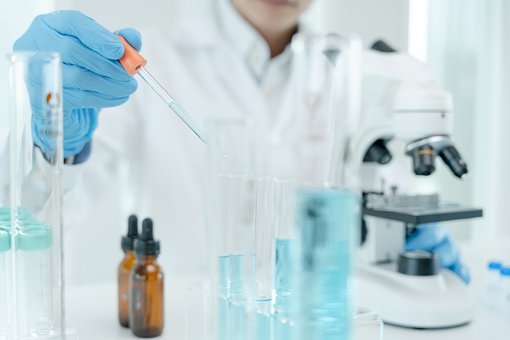An Addenbrooke’s consultant is playing a key role in a UK study, revealing genetic causes for rare developmental disorders in 5,500 children and helping to improve diagnosis worldwide.

Professor Helen Firth, is senior co-author and clinical lead of the Deciphering Developmental Disorders study (opens in a new tab) which is sponsored by Cambridge University Hospitals NHS Foundation Trust and published today in the New England Journal of Medicine.
More than 13,500 families from 24 regional genetics services across the UK as well as Ireland were recruited to the study, a collaboration between the NHS and the Wellcome Sanger Institute, funded by Wellcome and the UK government’s Department of Health and Social Care.
All the families had children with a severe developmental disorder, which was undiagnosed despite prior testing and likely to be caused by a single genetic change. The Wellcome Sanger Institute sequenced all the genes in the children’s and parents’ genomes to look for answers, a search which is ongoing and involves other technical methods.
The study found around three-quarters of the conditions diagnosed were caused by spontaneous mutations not inherited from either parent.
The research team also found that the chances of success in getting a diagnosis was highest in families of European ancestry, reinforcing the need to increase research participation for under-represented groups.

A key part of the study is the DECIPHER (opens in a new tab) informatics platform. This contains data from thousands of patients who have given consent for broad data-sharing enabling the information to be used, and built on, by an international community of academics and clinicians focussed on genetics and rare disease genomics.
To date, in addition to making thousands of new diagnoses for patients, the study has resulted in more than 290 publications (https://www.ddduk.org/publications.html (opens in a new tab)), identified approximately 60 new disorders, and enabled more than 350 genotype, or phenotype-specific projects, led by clinicians and researchers across all 24 recruitment sites
Professor Firth, who is consultant and honorary professor of Clinical Genomics at Cambridge University Hospitals NHS Foundation Trust (CUH), said:
Embedding a powerful informatics platform at the heart of this study facilitated the collaboration with families, clinicians and scientists engaged in the project, and played a crucial role in its diagnostic success and in the discovery and ultimately treatment of new causes of rare genomic disease.
Professor Helen Firth
Lead author Caroline Wright, professor of genomic medicine at the University of Exeter, added:
The families in our study were desperate for answers, which can make a huge difference to clinical management and quality of life. We worked with hundreds of clinicians and scientists, as well as thousands of patients to try to find those answers.
Professor Caroline Wright
Senior co-author Matthew Hurles, incoming director of the Wellcome Sanger Institute and honorary professor of human genetics and genomics at the University of Cambridge, said responsible data sharing was critical for making the diagnoses. He said:
Many of these diagnoses were only made possible through combining data across all diagnostic centres in the UK and Ireland.
Professor Matthew Hurles
A similar approach to diagnosing individuals with rare diseases is now being used by the NHS Genomic Medicine Service. The Cambridge Genomics Laboratory at Cambridge University Hospitals NHS Foundation Trust is the lead laboratory for the NHS East Genomic Laboratory Hub.
Among those patients to benefit is one-year-old Rory Cross whose rare condition was diagnosed at seven weeks thanks to a rapid team effort by NHS Genomic Medicine Service laboratory teams in Cambridge and Exeter.
WATCH: Rory with parents Kirsty and Andy
Link: https://youtube.com/watch?v=XIKoQdNSd4E


